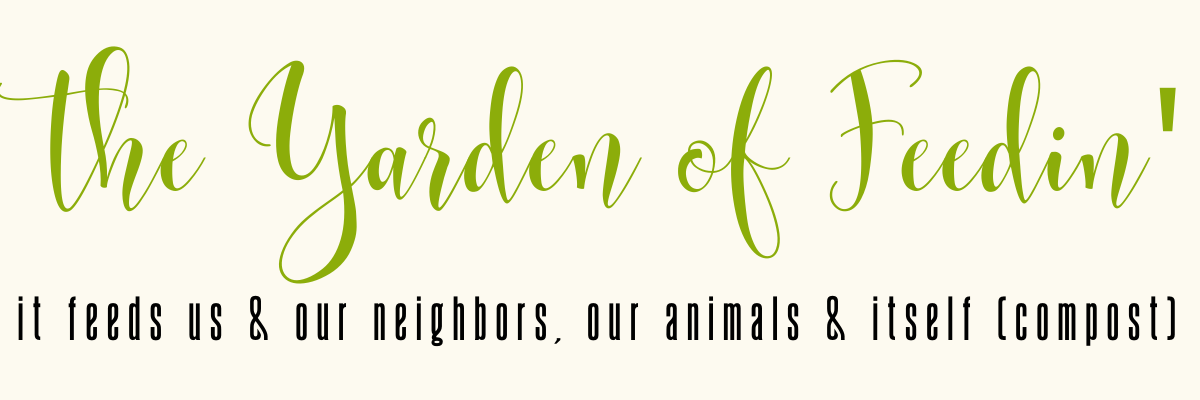Tidy Tip Tuesday - Grease Be Gone!
 Are you perplexed about how to dispose of fat or oil that you have used for cooking? (Some fat you should get rid of. Some you should keep because it has nutritional benefits. Go to bottom of the page for info regarding this).
Are you perplexed about how to dispose of fat or oil that you have used for cooking? (Some fat you should get rid of. Some you should keep because it has nutritional benefits. Go to bottom of the page for info regarding this).My dad taught me how to dispose of unwanted oil or fat from cooking. You can actually wash it down the drain if you do it the right way:
1. Don your rubber gloves. Then run the hottest water in the sink that you can. The more fat or oil the you have, the more water you will want to run in the sink.
2. Dump the fat or oil into the sink with the hot water. Do not pull the plug yet though. There's one more step.
3. Squirt a good quality liquid grease-cutting dish washing detergent (I use Dawn) into the sink with the hot water and fat or oil. Stir the water with a large spoon and keep squirting in detergent until you see the fat or oil actually dissolving in front of you.
 4. Carefully pull the plug wearing your rubber gloves.
4. Carefully pull the plug wearing your rubber gloves.That's it. The chemical action of the detergent with the grease actually changes it into something else. It dissolves and is no problem for your pipes. And the sink will not be greasy after the water drains out.
The following is information on good and bad fats. Regarding what is mentioned below, when I make a food recommendation, please understand that I am referring to it in its unadulterated form. The saturated animal fats mentioned below should come from animals that were raised in uncrowded conditions, preferably on pasture, with no antibiotics or hormones administered, and no chemicals involved in their feed. Toxins accumulate in the fat, so the fat of an animal that ingests chemicals and is given antibiotics and hormones is laden with toxins and should not be eaten.
Also know that a fat or oil is not good or bad depending upon its saturation level, but according to how stable it is. In other words, according to whether or not it has been damaged by air, heat and light in the process of marketing it. For more information please read this article.
Good saturated fats include: Beef and lamb tallow, lard, chicken, goose and duck fat, coconut and palm oils. Good monounsaturated and polyunsaturated fats include: Sesame oil, cold pressed olive oil, cold pressed flax oil (never heat), marine oils (from deep, cold waters)
Butter & Other Oils and Fats – Extra virgin, cold or expeller expressed oils, such as olive, flax seed, peanut, sesame, high-oleic expeller expressed monounsaturated safflower or sunflower oil (these two are good for making mayonnaise) (refrigerate all of the above in dark bottles); extra virgin organic coconut and palm oils (fine to keep at room temp); organic, (raw is best) butter from grass-fed cows, duck fat, suet (from beef); never eat processed polyunsaturated oils, canola oil or partially-hydrogenated (or hydrogenated) oils, such as shortening and, margarine, and never soybean oil even if it is cold-pressed because of a myriad of toxins, carcinogens, anti-nutrients, and phyto-estrogens. *WFM; TJs; FC; R
Links for articles about good and bad fats:
http://www.westonaprice.org/knowyourfats/index.html


Lots of good things to read.
ReplyDeleteLoved the pictures of your family. Aren't they fun!!
Love,
Arlene